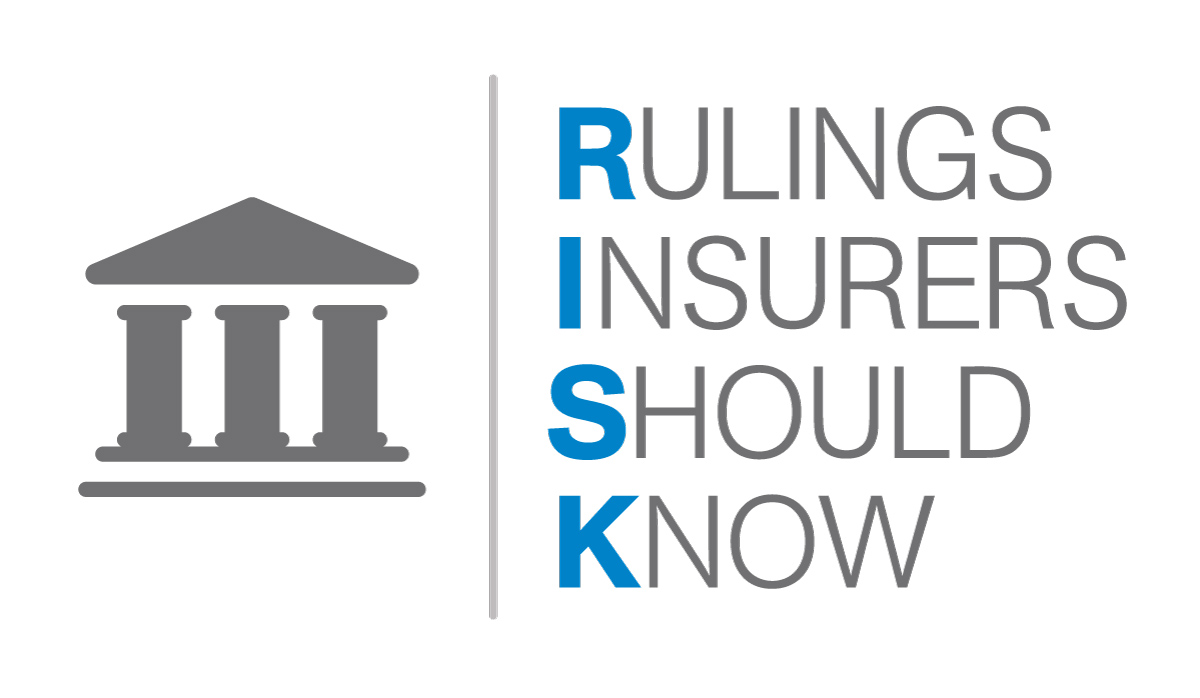WSIAT ruling preserves contractual rights of action

The Workplace Safety and Insurance Act contains restriction on the right to sue for workplace injuries. These rights depend on whether the injured worker and the defendant are in the same schedule as set out in the act. A worker in a Schedule One industry cannot sue any other Schedule One employer or worker. They can sue any Schedule Two employer except their own. A schedule Two worker can sue any Schedule One employer and any Schedule Two employer except their own. A defendant cannot obtain contribution or indemnity under the Negligence Act from any employer whom the plaintiff is barred from suing.
A November 2016 decision of the WSIAT has added a clarification to this in respect of claims based on contract and undertakings to insure. In Decision 2285/15, the Tribunal heard a right to sue application brought by the City of Kenora requesting that a cross claim by its landlord a local school board be declared barred by section 29 and 31 of the Act. The litigation arose out of a slip and fall at work by a daycare worker while at work in a daycare run by the city in a school board property. The City was a Schedule One employer so the worker sought benefits from WSIB. The WSIB then sued the School Board because the fall happened on school board property and the school board was a Schedule Two employer. The school board then brought a third party claim against the city for contribution and indemnity under the Negligence Act. The City sought a declaration that this was barred in the same way a claim by the worker would be against it.
The school board then amended its third party claim to delete the references to the negligence act and to base the claim solely on the provisions of its lease to the city which contained an indemnification clause and an undertaking to take out insurance naming the school board as an insured with blanket contractual liability and tenants legal liability, with a cross liability provision.
The Tribunal held that the city was entitled to a declaration under section 29 of the act that the city could not be liable to pay any damages in the court action arising from the negligence of the city, but that the contractual claim by the school board for a declaration that the city was obligated to defend the WSIBs claim against the school board and to indemnify the school board was not barred by the Workplace Safety and Insurance Act. The Tribunal found that the claim for a contractually based obligation to insure and to indemnify was not integral to the consequences of the workplace accident because it was based on the lease agreement.
What the insurer should know
The provisions dealing with the assumption of risk in leasing and in undertakings to insure require a carefull review in these situations. This can also apply to other contractual settings such as construction contracts, vehicle leases and service agreements. Please call us if you have questions about claims where the right to sue provisions may come into play.




